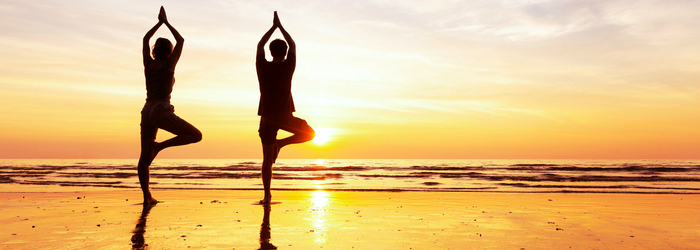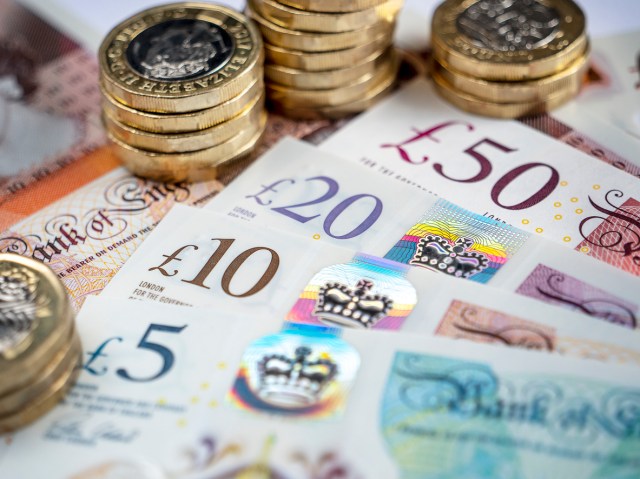How to be a mindful traveller

We all want to feel refreshed and rejuvenated after a holiday, but in this digital age of constant connection it’s becoming increasingly hard to switch off. In Away & Aware, Sara Clemence sets out not where to go, but how to go. Whatever you call it – mindful travel, slow travel, or travelling with integrity – it’s all about being more connected with your surroundings than your devices, about enjoying the moment and rediscovering analogue pleasures. Here are a few of her top tips:
USE A MAP, NOT AN APP
Paper maps have lots of advantages over way-finding apps. They don’t require a signal and their batteries never run out. You can mark up maps with phone numbers and favourite spots. They can be keepsakes. They can be works of art.
Sure, Google Maps can give you the fastest route. But this is travelling, not commuting. Navigating with a map slows things down. It forces you to think about context and to tune into your surroundings – street names, church spires, even the sky. Maps encourage detours and discovery. Most importantly, they make you – and not your phone – responsible for the journey.
WEAR A WATCH
How often do you pick up your phone to check the time? Get yourself a real-life watch to take away the temptation (you might even make a style statement at the same time).
ASK THE HOTEL TO REMOVE THE TV
It eliminates your ability to channel surf mindlessly. If you’re confident about your willpower, simply unplug it.
TRY A NEW FOOD EVERY DAY
That goes double if you’re an unadventurous eater. You don’t have to start (or end) with fish eyes (unless you are in southern China, where they are prized). But new tastes expand your palate and also make you think about what you normally eat and don’t eat, and why. Bonus points for working your way up to something crazy.
GET LOST – IT’S GOOD FOR YOU
In normal life, being lost is a bad thing. But when you’re travelling, it can yield all kinds of wonderful results. You might discover a neighbourhood, a park, or a hilltop view that you never would have experienced otherwise. Being lost instantly makes you more attentive and aware of your surroundings. It may make you feel vulnerable, too, but that won’t harm you. Allowing yourself to be lost teaches you to go with the flow. And getting your bearings back requires putting your problem-solving skills to use.







